Description
Betaine: The Unsung Hero of Health and Performance
Betaine, also known as trimethylglycine (TMG), is a naturally occurring compound found in plants, animals, and our own bodies. While it might not be as widely known as other vitamins and minerals, betaine plays a crucial role in numerous physiological processes, offering potential benefits for everything from heart health to athletic performance. So, what exactly is betaine and why should you care?
What is Betaine?
Betaine is a modified amino acid derived from choline. It gets its name from the sugar beet (Beta vulgaris) where it was first discovered. It functions primarily as an osmolyte and a methyl donor in the body.
- Osmolyte: Betaine helps cells maintain proper fluid balance. This is especially important in situations of dehydration or stress, where cells can lose water and become damaged. By attracting and holding water, betaine helps protect cells from shrinkage and preserves their function.
- Methyl Donor: More importantly, betaine participates in a crucial process called methylation. Methylation is the transfer of a methyl group (CH3) from one molecule to another. This process is fundamental to many essential bodily functions including:
- DNA Synthesis and Repair: Methylation plays a vital role in gene expression, influencing which genes are turned on or off.
- Neurotransmitter Production: Methylation is crucial for the synthesis of neurotransmitters like serotonin, dopamine, and norepinephrine, which regulate mood, sleep, and cognitive function.
- Detoxification: Methylation is involved in the detoxification of harmful substances in the liver.
- Homocysteine Metabolism: This is perhaps betaine’s most recognized function. It helps convert homocysteine, a potentially harmful amino acid, into methionine, a beneficial amino acid.
Health Benefits of Betaine:
The research on betaine is ongoing, but current evidence suggests several potential health benefits:
- Heart Health: By lowering homocysteine levels, betaine may reduce the risk of heart disease. Elevated homocysteine is a known risk factor for cardiovascular issues, and betaine’s ability to regulate it is a key benefit.
- Liver Health: Betaine can help reduce fat accumulation in the liver, potentially improving liver function and preventing non-alcoholic fatty liver disease (NAFLD).
- Athletic Performance: Some studies suggest that betaine supplementation may improve muscle strength, power, and endurance. It’s believed to enhance creatine production, reduce muscle fatigue, and improve overall performance, particularly in resistance training.
- Muscle Growth: Research indicates betaine might promote muscle protein synthesis, leading to increased muscle mass. However, more research is needed to confirm these findings.
- Hydration: As an osmolyte, betaine can help improve cellular hydration, which is crucial for overall health and performance. This is especially relevant for athletes and individuals living in hot climates.
Sources of Betaine:
Betaine is readily available in several foods, making it easy to incorporate into your diet. Good sources include:
- Sugar Beets: As the name suggests, sugar beets are a rich source of betaine.
- Spinach: This leafy green vegetable is a nutritional powerhouse, including a good amount of betaine.
- Wheat Bran: A good source of fiber and betaine.
- Quinoa: A complete protein and a betaine source.
- Shellfish: Shrimp and other shellfish contain betaine.
Betaine Supplementation:
While you can obtain betaine from your diet, supplementation is also an option. Betaine supplements are typically available in powder or capsule form. Doses typically range from 500mg to 6g per day, depending on the individual’s needs and goals.
Potential Side Effects and Considerations:
Betaine is generally considered safe for most people when taken in recommended doses. However, some individuals may experience mild side effects, such as nausea, stomach upset, or diarrhea. In rare cases, it can also cause a fishy body odor.
It’s important to note that betaine supplementation may not be suitable for everyone. Individuals with certain medical conditions, such as kidney disease, should consult with a healthcare professional before taking betaine supplements. Also, betaine should not be taken by pregnant or breastfeeding women without medical advice. Its interaction with other medication should be assessed with a doctor.
The Bottom Line
Betaine is a versatile nutrient that plays a vital role in various biological processes. From supporting heart and liver health to potentially enhancing athletic performance, betaine offers a range of potential benefits. While incorporating betaine-rich foods into your diet is a good starting point, supplementation may be considered to achieve specific health or performance goals. As with any supplement, it’s crucial to consult with a healthcare professional to determine the appropriate dosage and ensure it’s safe for you.

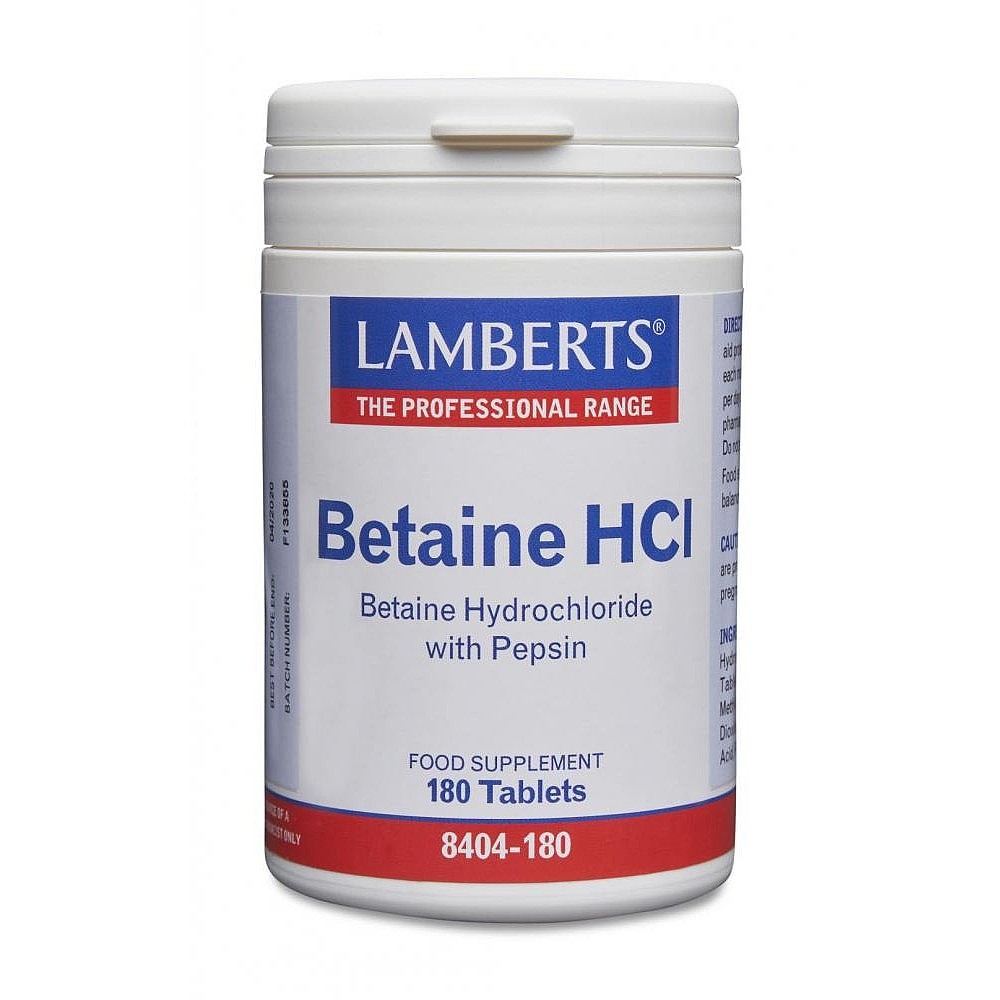
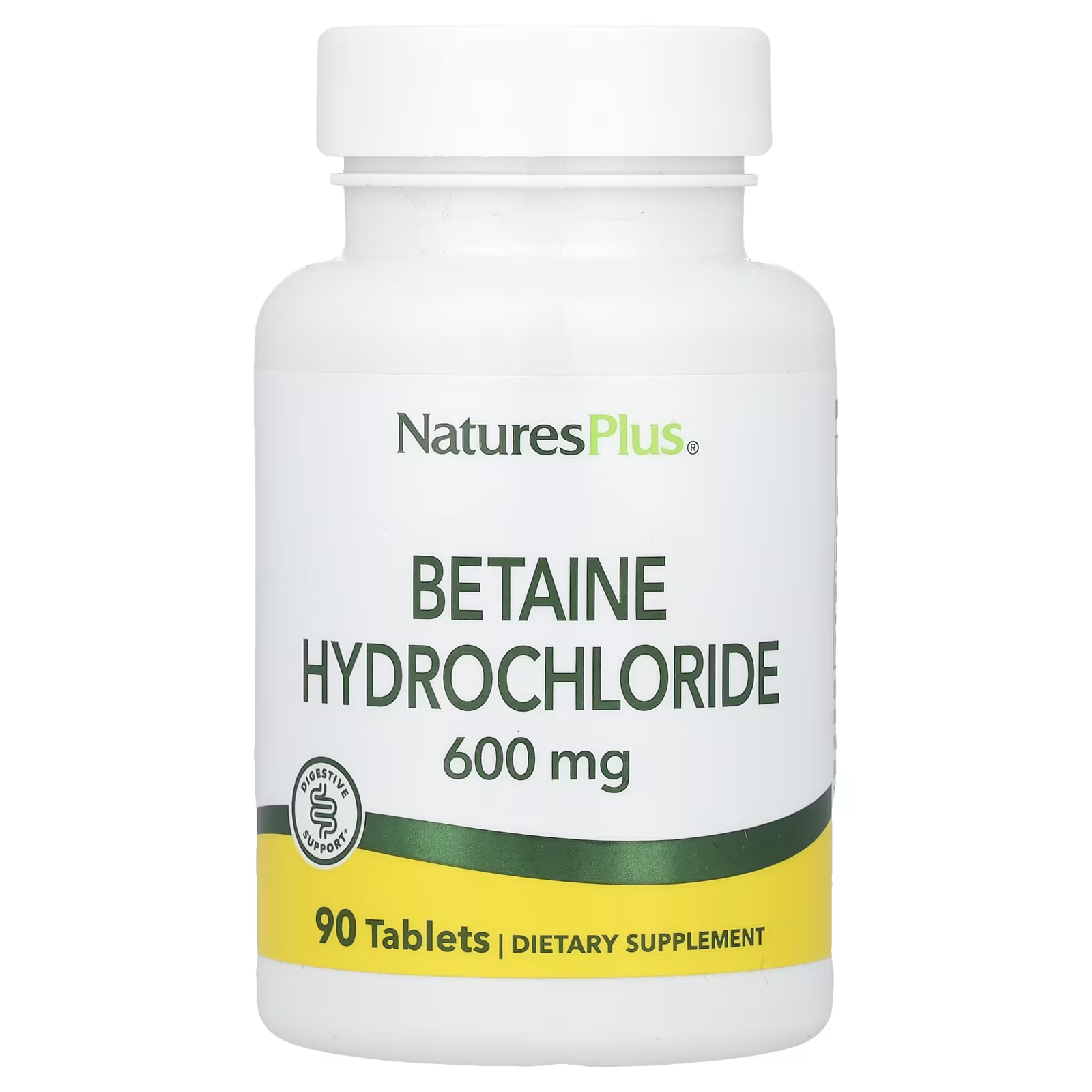
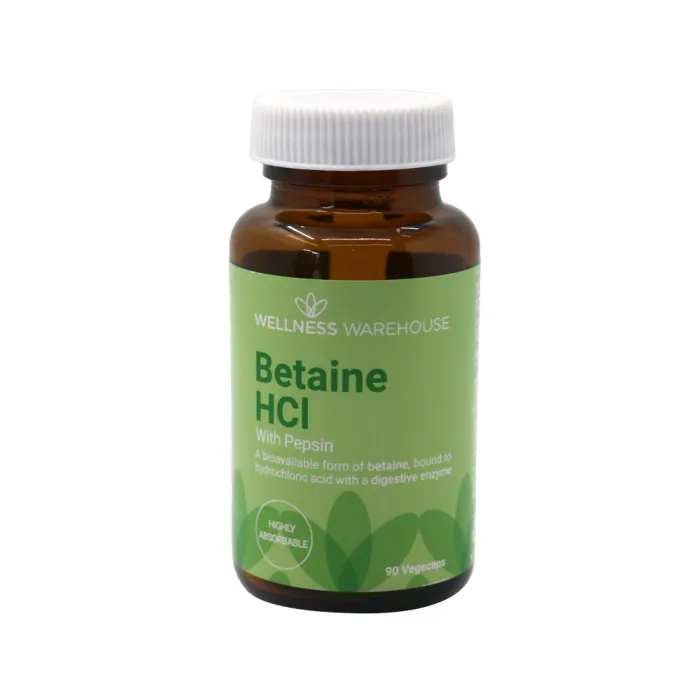
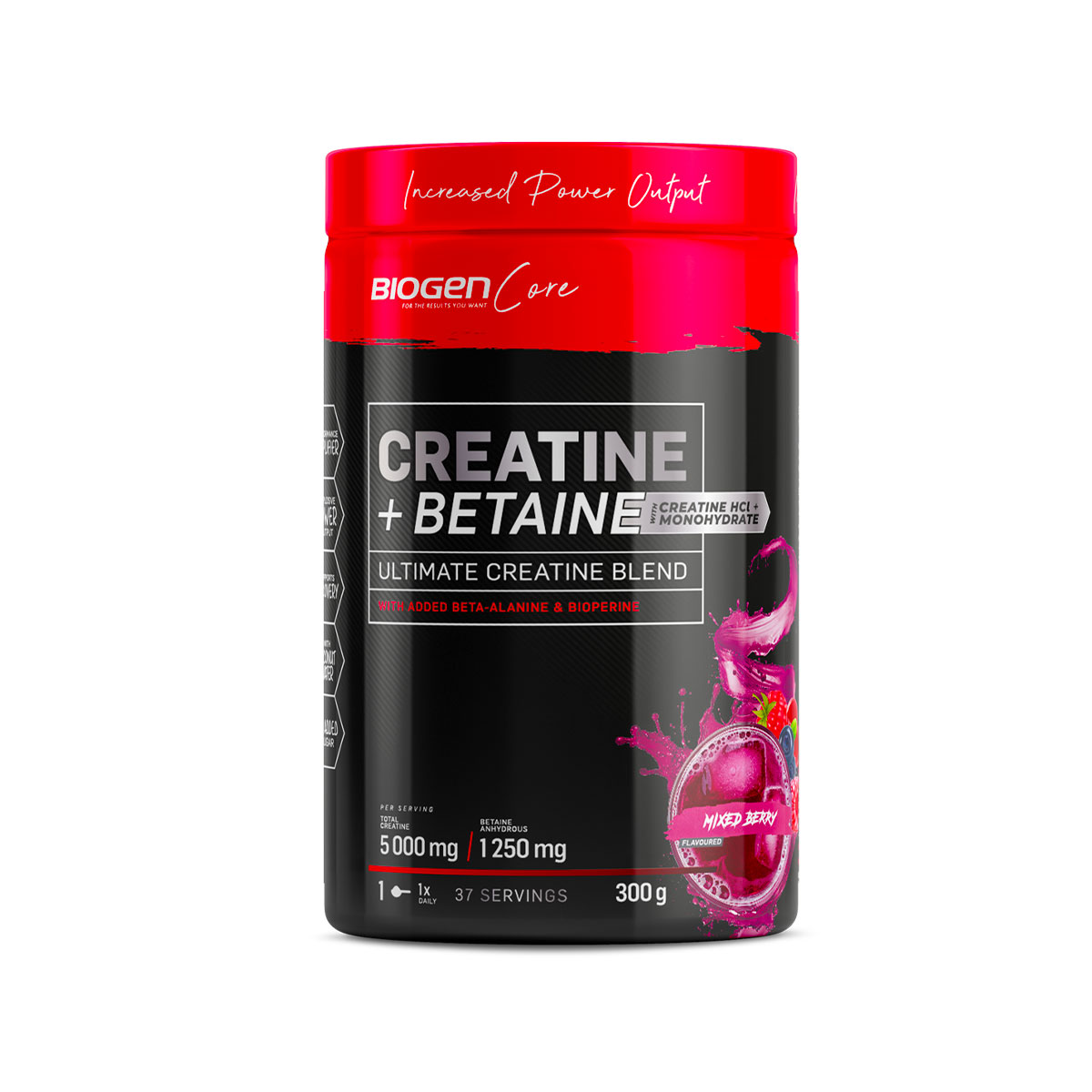
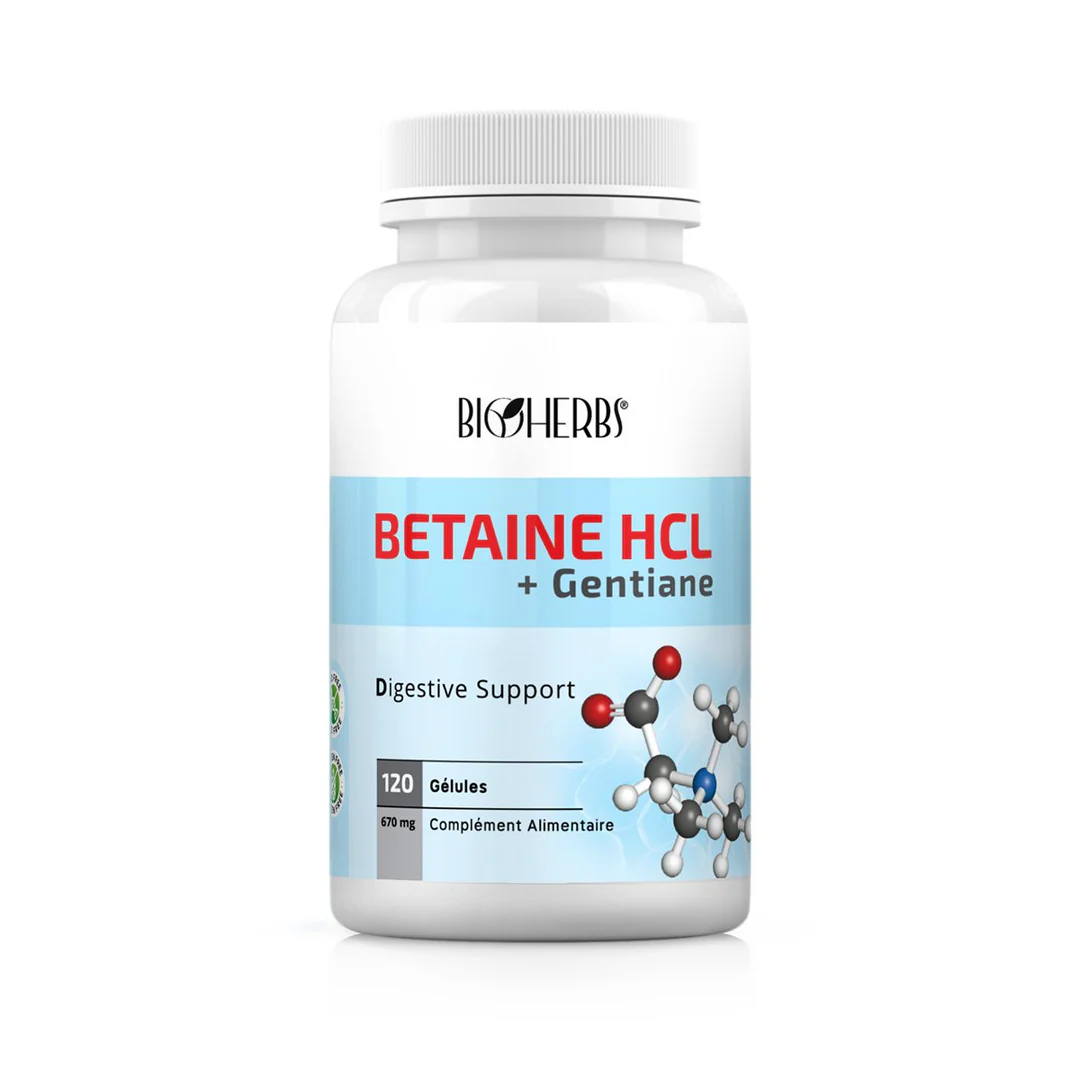
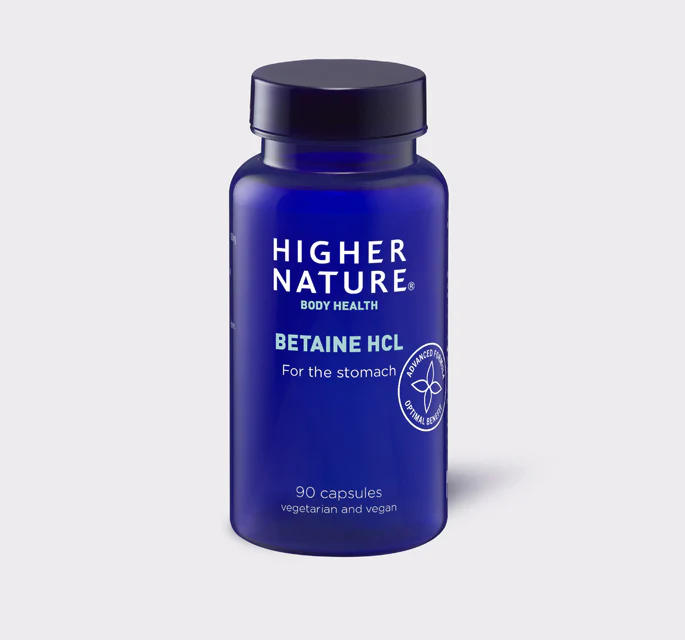
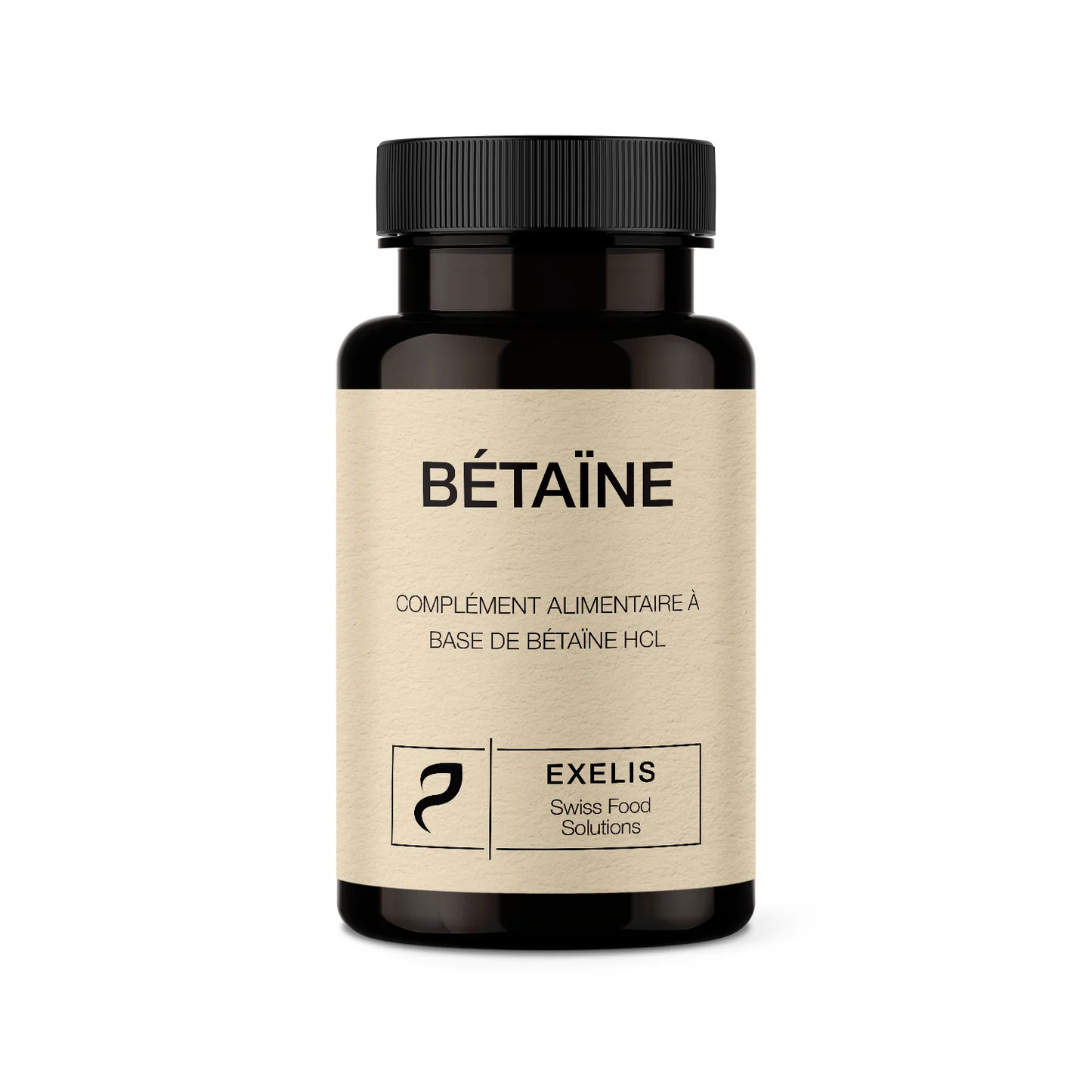
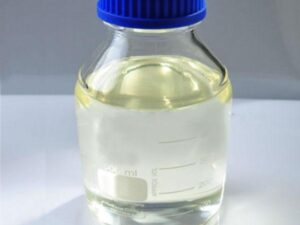


Reviews
There are no reviews yet.